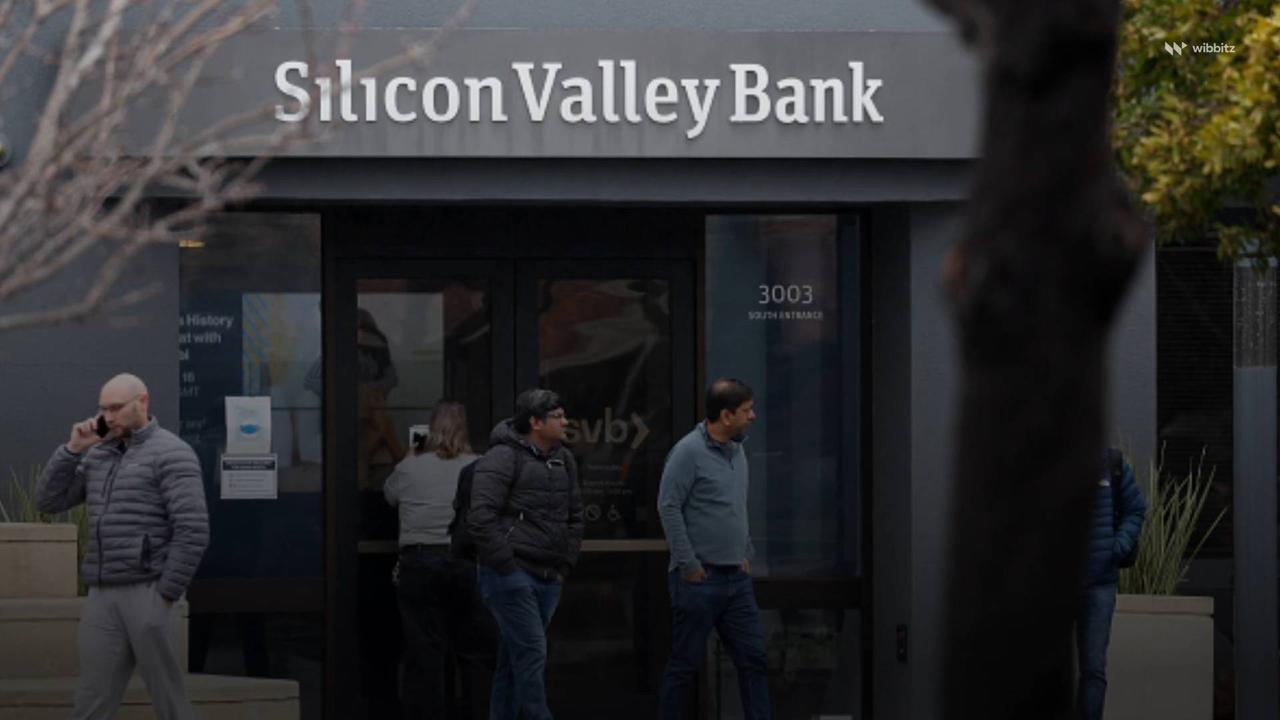
Silicon Valley Bank , Is Shut Down by Regulators.
CNBC reports that Silicon Valley Bank (SVB) announced on March 8 that it was trying to raise over $2 billion in capital after losing $1.8 billion on asset sales.
CNBC reports that Silicon Valley Bank (SVB) announced on March 8 that it was trying to raise over $2 billion in capital after losing $1.8 billion on asset sales.
It was not able to raise the funds.
Shares of parent company SVB Financial Group dropped 60% on March 9 and another 60% in premarket trading on March 10.
It was not able to raise the funds.
Shares of parent company SVB Financial Group dropped 60% on March 9 and another 60% in premarket trading on March 10.
Later on March 10, the Federal Deposit Insurance Corp.
(FDIC) announced that the bank had been closed by the California Department of Financial Protection and Innovation.
Later on March 10, the Federal Deposit Insurance Corp.
(FDIC) announced that the bank had been closed by the California Department of Financial Protection and Innovation.
The FDIC was appointed as receiver and given control of SVB's deposits.
The FDIC was appointed as receiver and given control of SVB's deposits.
The FDIC has created the Deposit Insurance National Bank of Santa Clara, which is where SVB's insured deposits are now being kept.
The FDIC has created the Deposit Insurance National Bank of Santa Clara, which is where SVB's insured deposits are now being kept.
Official checks from SVB will continue to clear.
Insured depositors can access their deposits no later than March 13, at which time SVB branch offices will reopen under the regulator's control.
Insured depositors can access their deposits no later than March 13, at which time SVB branch offices will reopen under the regulator's control.
According to the FDIC, its "standard insurance amount is $250,000 per depositor, per insured bank, for each account ownership category.".
It's not clear how larger accounts or companies with credit lines will be affected.
Uninsured depositors can expect to be paid an advanced dividend by next week




